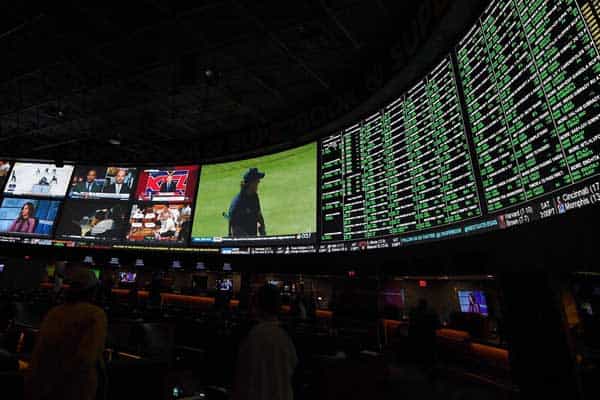Last year, Pennsylvania approved of expanding its gambling offers which allowed for online casino gambling, online poker, and sports betting. In 2018, the Pennsylvania Gaming Control Board (PGCB) announced they could not comment on the status of progression of PA online poker due to uncertainty regarding an intrastate liquidity program. The state commented on its current choice to focus on establishing sports betting regulations and assigning its remaining online casino licenses.
Sports betting has yet to launch in PA, despite legalization since October of 2017. Few venues have committed to applying for betting licenses due to high prices and tax rates that are nearly unprofitable for most casinos. Despite this issue, PA’s legislators are attempting to establish uniform rules and guidelines for sportsbooks in the state to follow.
Pennsylvania’s decision to move forward with other forms of gambling outside of online poker is affected by the lack of agreement to join any interstate poker player pool by PA’s Governor. Current intrastate pools include New Jersey, Delaware, and Nevada within a Multi-State Internet Gaming Association (MSIGA) as enacted and authorized by each state Governor. Player liquidity is extremely important considering online poker marketability and profitability as large player pools provide more tournaments capabilities, more tables to play, and bigger pots.
However, not all Pennsylvania gambling businesses rely on online poker offers alone. Several Pennsylvania casinos have applied for and have been granted online gambling licenses which allow the venue to offer slots, table games, and poker online; 5 online casino gambling licenses remain. Still, the PGCB may have a hard time ridding themselves of these available licenses as Governor Wolf’s administration has received relentless criticism over the state’s high gambling tax rate of 36% and premium license prices at $10,000,000.
In addition, a lawsuit between seven Pennsylvania casinos and the state’s Lottery has created some friction for Governor Wolf. The Pennsylvania Lottery recently launched an online lottery platform known as iLottery. The PA iLottery was available through Pennsylvania’s Lottery app and online, however, the platform contained casino-style games which enraged PA casino owners.
During the filing of the suit, the casinos claimed that Pennsylvania’s iLottery did not follow proper procedures nor paid the appropriate licensing fees to offer online casino games. To further drive this point home, the casinos pointed out the iLottery app and online platform shared the same slot title games as the casinos. The lawsuit placed an injunction on all conflicting casino-style iLottery games.
While the state may be focusing on online casino offers and sports betting over online poker, both gambling offers seem to have their own issues concerning implementation and viability. These may be the consequences Pennsylvania faces for refusing to budge on its high state-local gambling tax and its licensing fee.

